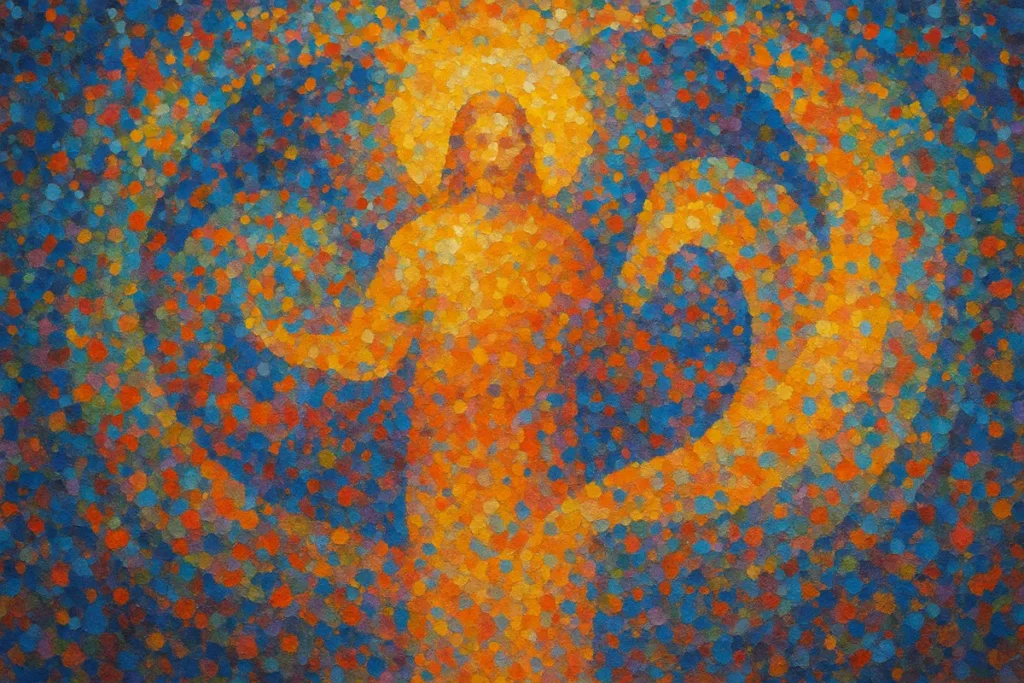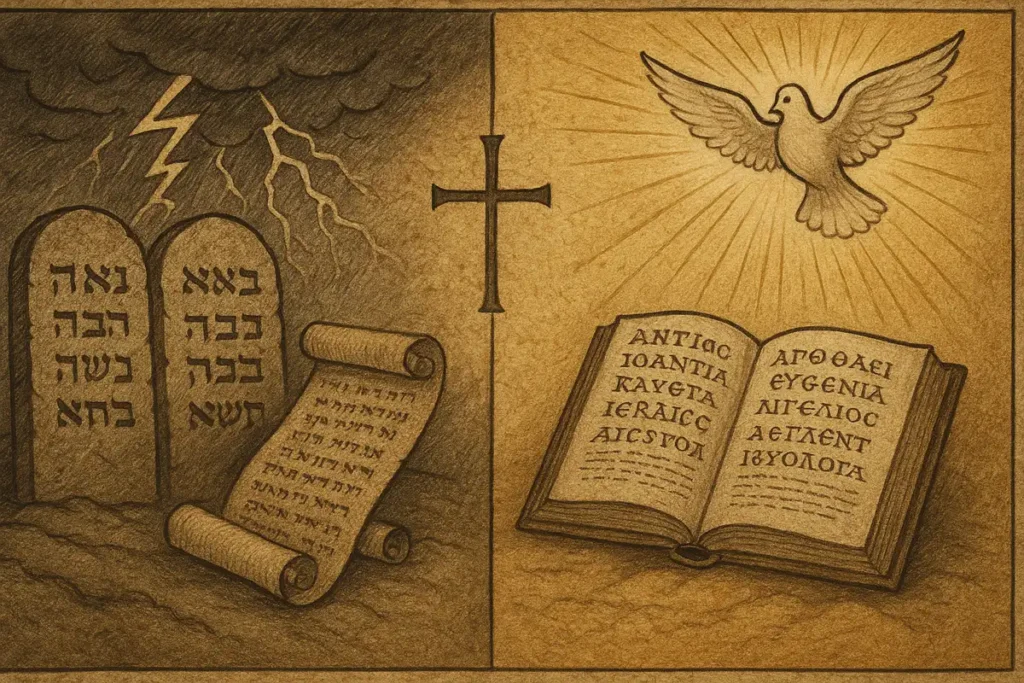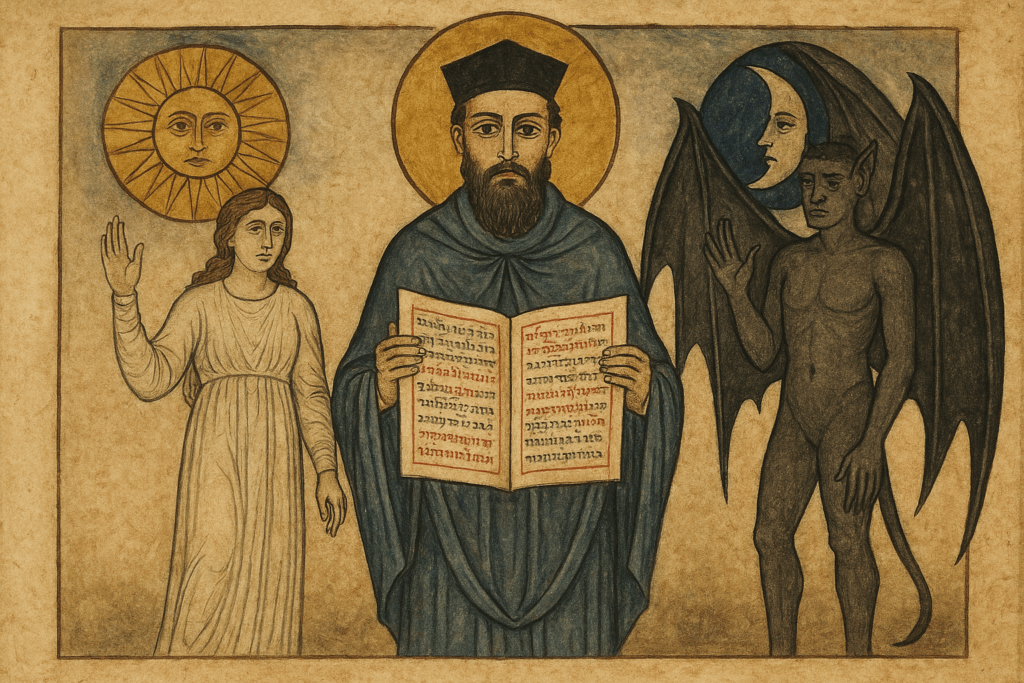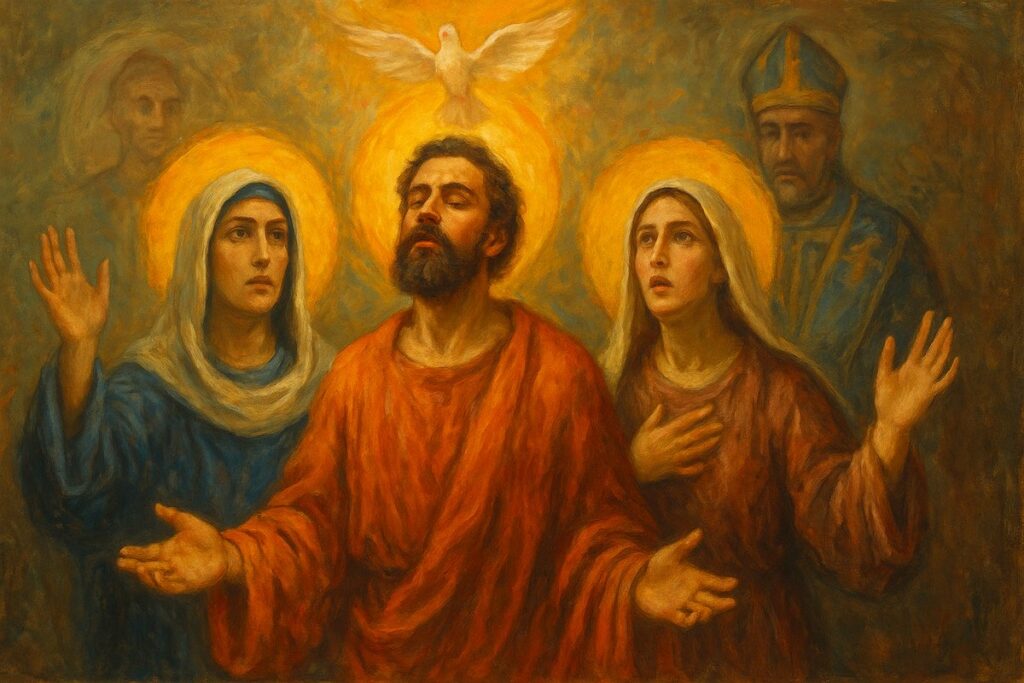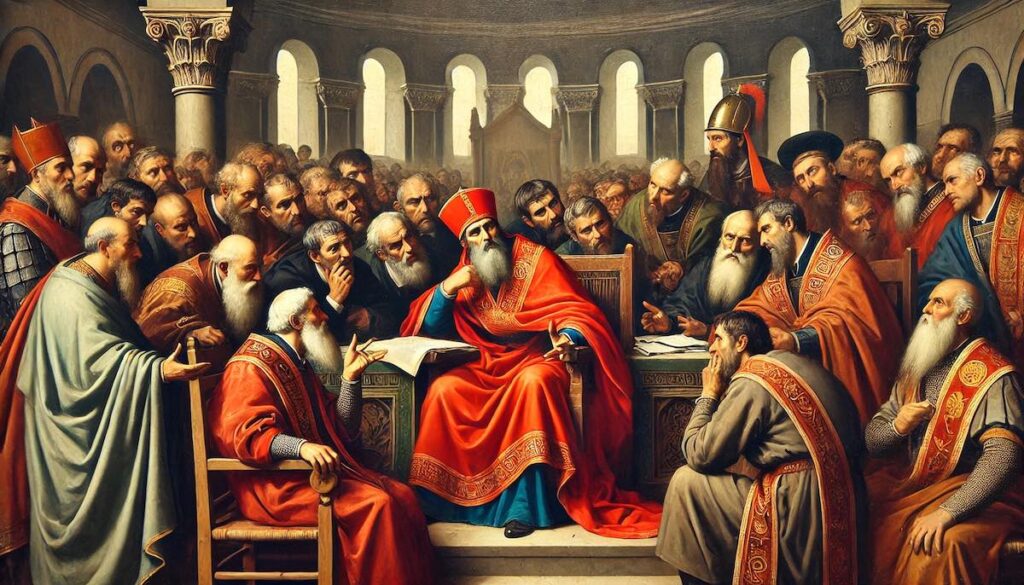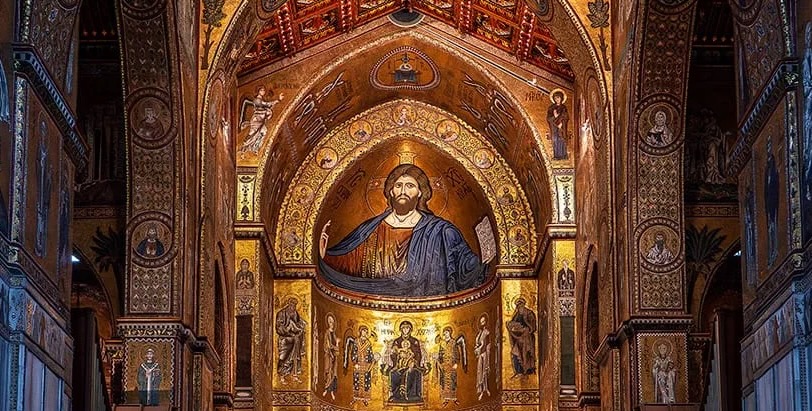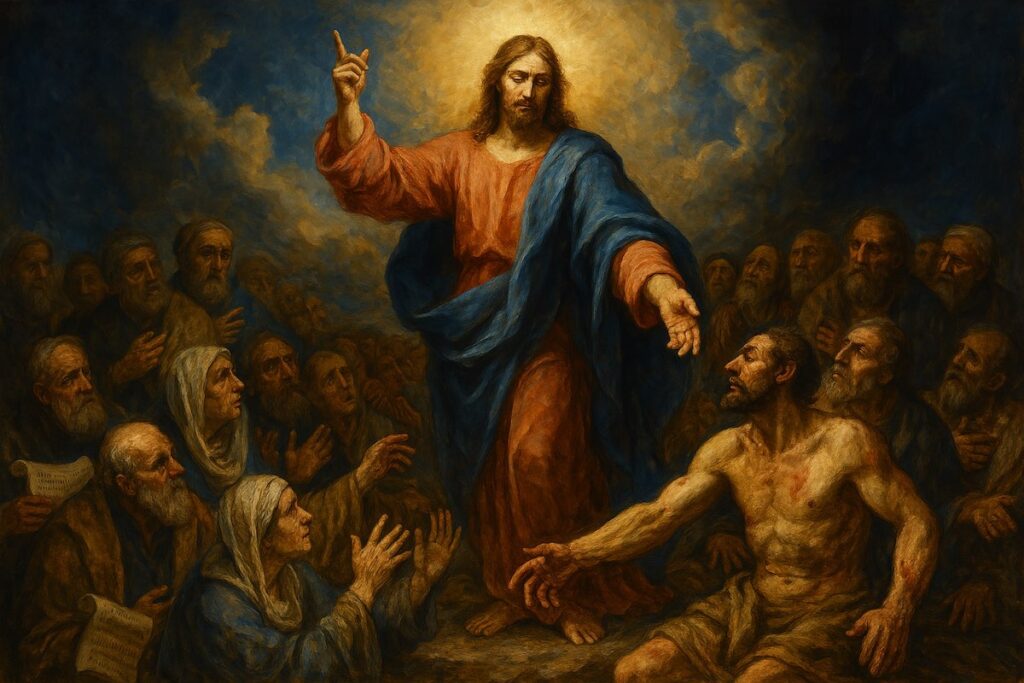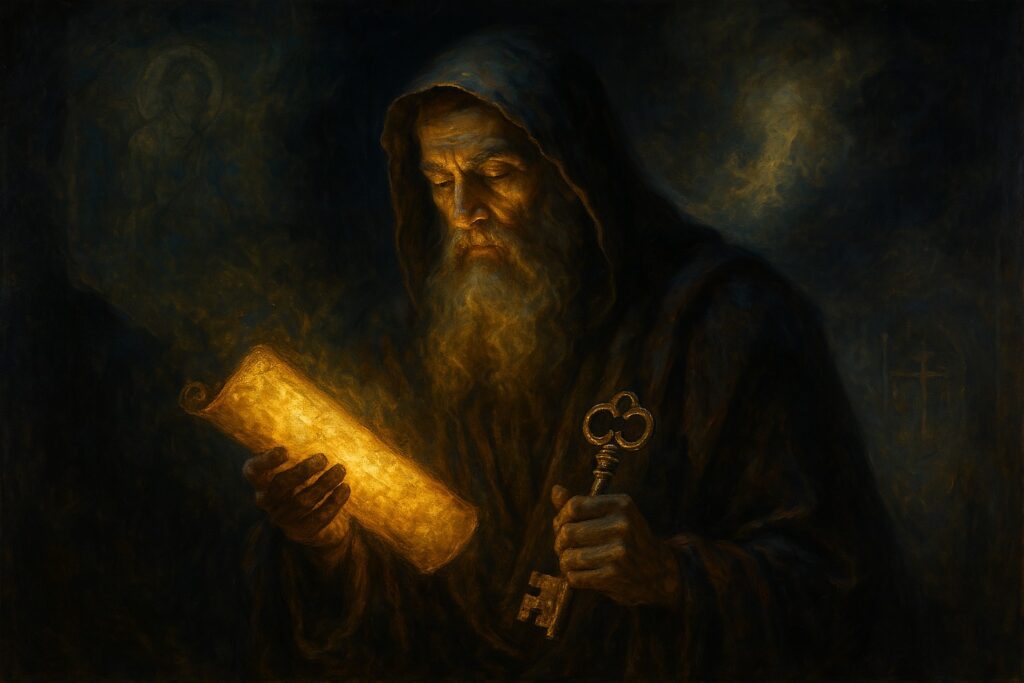Sabellianism: The Modalist Controversy and the Church’s Understanding of the Trinity
The third century witnessed one of the most significant theological controversies in the early Church, a dispute that would fundamentally shape Christian understanding of God’s nature for centuries to come. Sabellianism, also known as Modalism or modalistic monarchianism, emerged as a serious challenge to orthodox Christian teaching about the relationship between the Father, Son, and […]
Sabellianism: The Modalist Controversy and the Church’s Understanding of the Trinity Read More »


